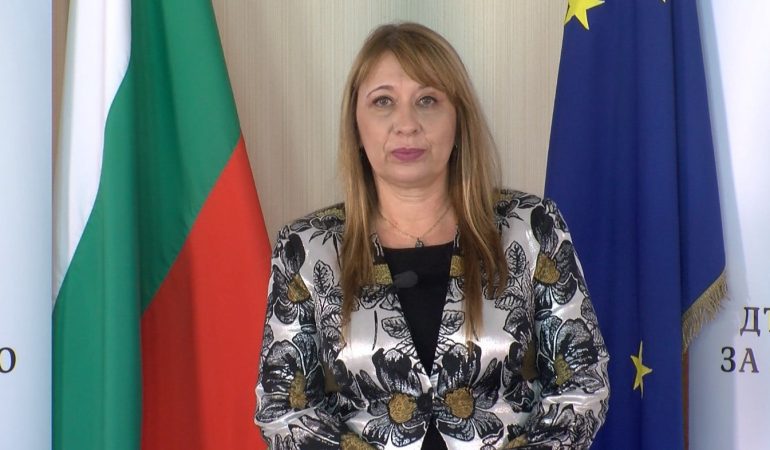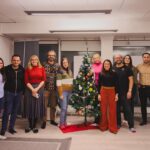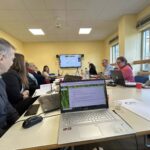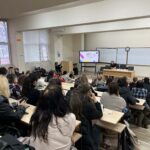On December 6, 2021, the official ceremony for awarding the “I Guarantee a Happy Childhood” Distinction, organized by the State Agency for Child Protection (SACP), took place. The ceremony was held online, and for the fourth consecutive year, organizations, schools, kindergartens, municipalities, regional centers supporting the process of inclusive education, regional education authorities, and specialists providing educational and social services for the development of children in Bulgaria were honored.
The Distinction is awarded for achievements in the following categories:
1. Sustainable Development
2. Successful Change
3. Significant Innovation
4. Significant Partnership
The National Association of Resource Teachers (NARU) was awarded second place in the Sustainable Development category of the “I Guarantee a Happy Childhood” awards.
The event was opened by the Chair of SACP, Dr. Eleonora Lilova.
The awardees were selected by a seven-member committee chaired by the President of SACP. The committee included representatives from the SACP’s Advisory Council and the Children’s Council, SACP experts, public figures, media representatives, and others.
During the award ceremony, the Chair of the Managing Board of NARU, Kalina Valova, expressed gratitude for the high recognition received by the organization for its work:
“We would like to congratulate the State Agency for Child Protection for its partnership approach toward all organizations that create conditions for care and the full development of every child. Maintaining an annual award is a sign of respect for the contributions of all those engaged in creating services for children, and at the same time a commitment to upholding standards, rules, and procedures across various sectors related to children’s full development.”
Through its projects, NARU strives to maintain a balance between building the capacity of resource specialists, developing tools for working with children and students with special educational needs and young people at risk, and creating work formats where vulnerable children and students can develop their abilities.



